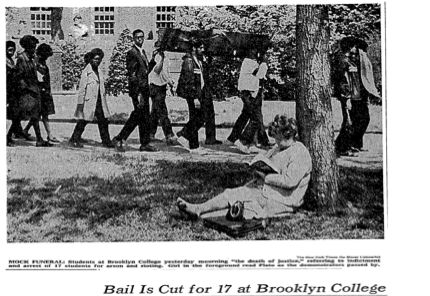by Ria Banerjee, Sarah Hoiland, and María Julia Rossi
As educators, we are typically impelled to produce content–course plans, public lectures, writing and speaking in various registers is central to what we routinely do. It is rarer for us to get opportunities to “fill the well,” so to speak, and a TLH grant provided us a forum to develop our understanding of contemporary fiction that is outside our disciplinary subfields but aligns with our interests. After discussion among a core group of five planning faculty (Julia, Ria, and Sarah are the names on record for this group of CUNY friends), we decided on some ideal parameters for our planned event: we wanted to read recent novels by women of color, intentionally working against the Anglophone publishing industry’s bias, and we chose works focused on the US with an eye on global interconnectivity. We wanted to attract participants from a range of work and professional experiences, as having only educators might narrow our conversation. Finally, we wanted to give space to student voices in designing and leading our discussions, again to foster a broad conversation that would not be possible at, say, a disciplinary conference. We settled on three particularly timely novels. Continue reading →











